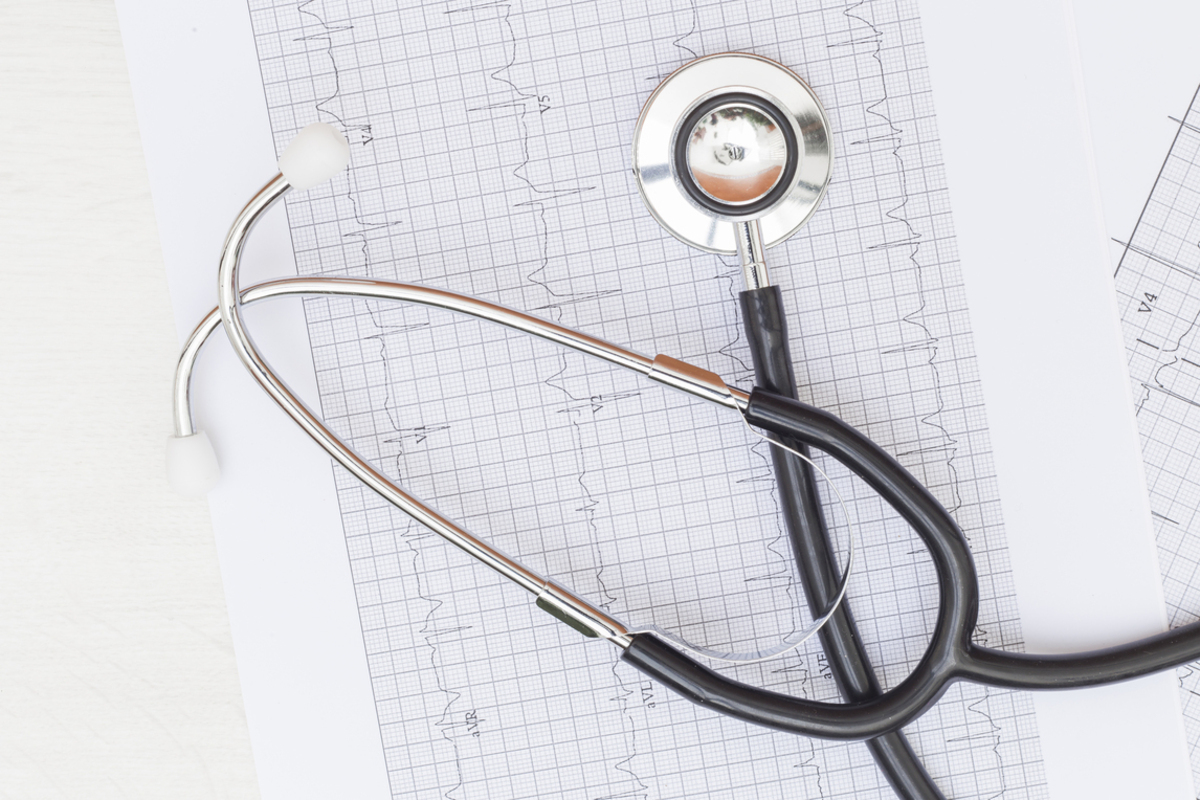When the heart is damaged or malfunctions, it often results in what’s called arrhythmia. An arrhythmia describes an abnormal heartbeat (fast, slow, or irregular), usually caused by a fault in the heart’s electrical system, its "natural pacemaker". This pacemaker is called the sinus node, and because it has direct control of how the heart beats, problems with it and the electrical system in the heart can cause severe issues.

Are there any symptoms?
When sinus arrhythmia is found, it is usually while doing an EKG (electrocardiogram) test. This test measures the electrical activity of your heart. Sinus arrhythmia is not unusual, and is found more often in younger individuals.
In most cases, there are no symptoms at all, besides for an increased or lowered heart rate of course. If symptoms do present during an EKG in conjunction with sinus arrhythmia, such as shortness of breath or difficulty breathing upon exertion, they are probably due to a more severe cause and not the sinus arrhythmia. Sometimes, even when there are no symptoms and you have sinus arrhythmia, it can indicate a more severe condition, especially the sinus arrhythmia has no clear trigger. However, this would most likely also be discovered while doing an EKG. In that case, it would be in the hands of the doctor to determine the cause.
What types of sinus arrhythmia there, and what causes it?
There are two types of sinus arrhythmia, sinus tachycardia and sinus bradycardia. Sinus tachycardia is when the heart speeds up, and sinus bradycardia is when the heart slows down.
Despite both falling under the same umbrella, sinus tachycardia and sinus bradycardia are caused by different parts of the nervous system. The autonomic system in your body is responsible for controlling things you don’t have to think about, such as your heartbeat and breathing. Sinus arrhythmia is caused by two parts of the autonomic nervous system; the sympathetic nerves (that speed up the heart) and the parasympathetic nerves (that slow the heart down).
Different things can trigger each part of the nervous system; for example, sleep can induce sinus bradycardia. This is because sleep slows your heart down in preparation for your body being less physically activate for the next few hours, and this is a regular occurrence. On the other hand, stress, physical exertion, energy drinks, coffee, and drugs can trigger the sympathetic nerves and speed your heart up. In more severe cases, other things can also trigger these nerves. Being injured in your stomach can trigger sinus bradycardia, and injuries to the head or neck can cause sinus arrhythmia.
How would a doctor find sinus arrhythmia?
Unlike some other arrhythmias, sinus arrhythmia cannot be directly inferred from a physical exam. The most common tool for finding sinus arrhythmia is, as mentioned, an EKG or electrocardiogram. Using an EKG, arrhythmias can be found by analyzing abnormal electrical activity in the heart. If the sinus arrhythmia is not found during an EKG, it may also be discovered while using a device the monitors the heart over a longer period of time. One such example is a Holter monitor, which may be used by doctors to find heart issues that show up periodically over a period of 24 to 48 hours.
Does sinus arrhythmia require treatment?
There is no recommended treatment or medications for sinus arrhythmia. If there is an uncharacteristic lack of sinus arrhythmia, or an injury causes it, it’s recommended to solve the root cause of these problems. As always, if a problem is believed to exist, a doctor can diagnose it and recommend and prescribe the proper treatment.
In conclusion, sinus arrhythmia describes a natural healthy process where the speeds up and lowers your heart rate in response to its environment. Doctors and nurses who discover it will usually inform the patient that a finding like this is normal, whereas your heart not speeding up or slowing down to certain stimuli can be an indication of other cardiovascular issues. If your heart does have an abnormal heartbeat that persists over a long period of time, but doesn't seem to have a stimuli like sinus arrhythmia, it's good to contact your doctor.
- Photo courtesy of SteadyHealth


Your thoughts on this